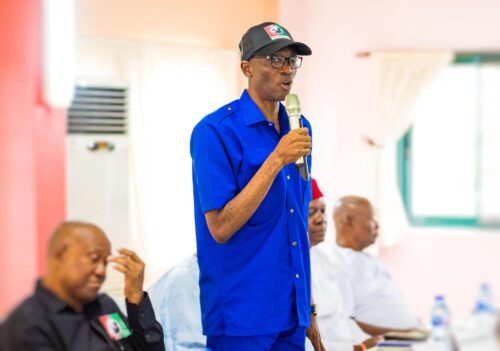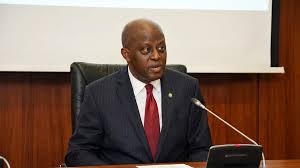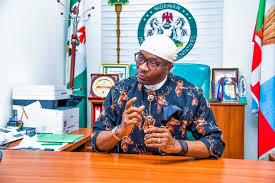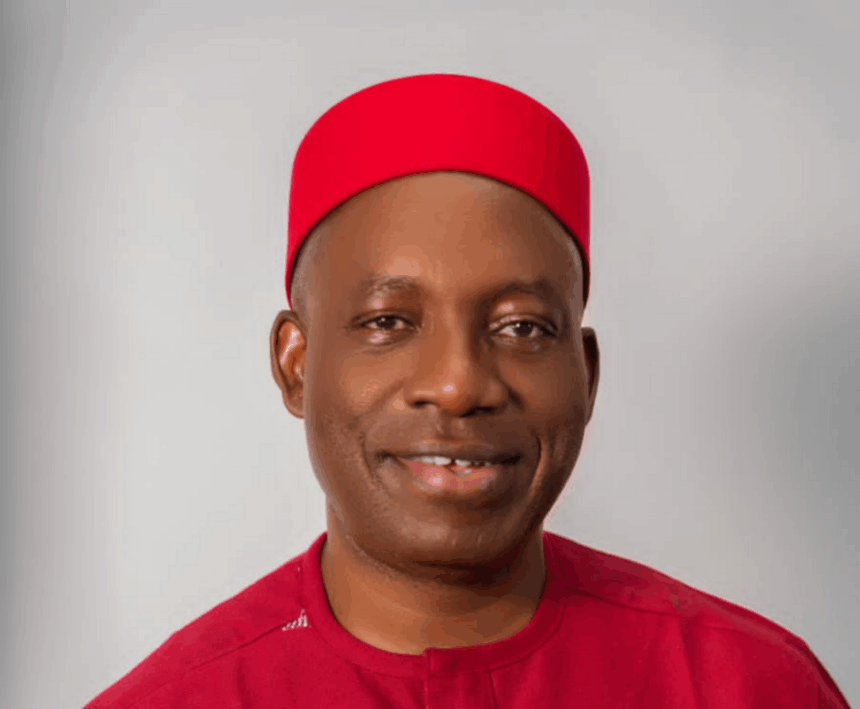Transport reform hinges on public-private partnership, says Musa

BY TEMITOPE ADEBAYO
The Global Transport Policy Annual Roundtable, which is scheduled for Thursday, May 15, in Lagos, will unveil key components that could redefine Nigeria’s transport landscape at its second edition.
At a pre-event briefing held on Monday at BON Hotel, Ikeja GRA, industry experts and organisers stressed the need for urgent reform and a holistic transport policy in line with global best practices.
With the theme “Sustainable Transport Systems, Global Best Practices and Lessons for Nigeria,” the roundtable is expected to serve as a convergence point for policymakers, development experts, and private sector players seeking to recalibrate the sector.
Dr. Oluwasegun Musa, Chairman and Chief Consultant of Global Transport Policy, said the conference is a bold call to action. According to him, the future of Nigeria’s transport system depends on deliberate collaboration between the government and private sector.
“I just returned from China. I was in Europe recently and visited about 11 countries between November and December, all to study how they’ve built strong transport systems,” Musa said. “We can’t continue without a unified, strategic transport policy. Without it, we are simply joking.”
READ ALSO: Senate Confirms 5 As INEC Resident Electoral Commissioners
He added that while the private sector is playing its part, sustained progress requires robust government involvement and policy alignment.
Olusegun Awe-Obe, Director of Global Transport Policy, unveiled the conference’s structure, highlighting three major panel sessions. These would include: “Moving People and Goods: The Business and Practice of Efficient, Sustainable Transport Operations”; “Building for the Future: Global Best Practices in Sustainable Infrastructure Development”; and “Connecting the Dots: Integrated and Ultra-modern Transport Systems.”
Awe-Obe emphasised that “recent trends and global shifts make this conversation urgent and necessary,” particularly as Nigeria seeks to unlock new economic opportunities through mobility.
Expected participants include leaders from ECOWAS, the Managing Director of Lagos Metropolitan Area Transport Authority (LAMATA), and other key stakeholders from across Africa.
One of the panellists, Barrister Oritsematosan Emore-Edodo, said her session will focus on aligning Nigeria’s rail, water, and air transport systems into a cohesive value chain. “We’ll be examining models like Singapore and exploring how Nigeria can adapt these frameworks,” she said.
She assured that concrete recommendations will be issued in a post-event communique to guide federal action.
Regina Robinson, Editor-in-Chief of Global Transport Policy Magazine, described the publication as a strategic vision by Dr. Musa to deepen discourse around the nation’s transport evolution. “What happens on Thursday could be a turning point,” she said.
Also speaking, Mark Onuche, Director of Strategy and Business Development, noted that the roundtable’s outcomes will be valuable not only for Nigeria but also for countries seeking sustainable transport models.










